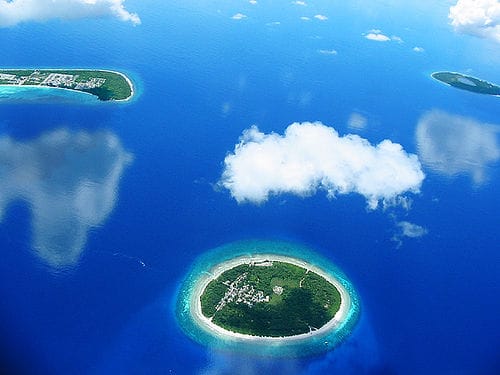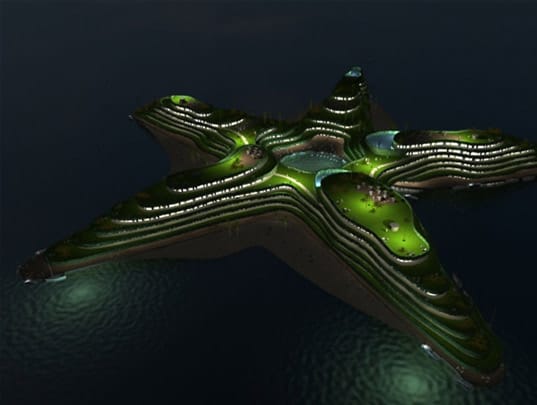Political Unrest & Environmental Uncertainty in Maldives


New Maldivian President, Mohamed Waheed was blocked from entering the capital on Thursday by angry supporters of former President Mohamed Nasheed who resigned from power last month. Mr. Nasheed has accused his former vice-president, Mohamed Waheed, of staging a military coup, and claims that his resignation came at gunpoint. He called on supporters to stage an overnight protest against the new government. An early election challenging the legitimacy of the government has been called for.
President Waheed declared yesterday a holiday in honor of the opening of the new parliament before protesters prevented him from entering the building and making his scheduled address. 14 officers were wounded, and 34 people were arrested. The parliament is currently investigating the February 7th transfer of power.
Australian Evacuation Plan: Rising Sea Levels and the Maldives
The Republic of Maldives, a nation composed of 1,200 islands north of the equator in the Indian Ocean, is currently confronting a rather unique challenge that is forcing the government to make contingency plans. These breathtakingly beautiful islands face the very real threat becoming submerged by rising sea levels and wholly ceasing to exist in the not so distant future.
With a combined land mass of 115 square miles, the Maldive Islands collectively amount to no more than twice the size of Washington DC. The Maldives claim the designation as the lowest country on planet Earth with an average ground level of less than 5 feet. The highest point on the islands measures only 7ft 7in above sea level, and approx. 80 percent of the country lies only one meter (3.28ft) above sea level.
According to the Natural Environment Research Council, “Global sea level rose on average by 10-20mm a decade during the 20th century. Sea level is predicted to rise by 100-900mm (3.9in-35.4in) in the next century.” Themain cause of sea-level rise is thermal expansion of the oceans. As water heats up, its volume increases. The second major cause is melting glaciers around the planet. For the Maldives, future predictions of a rise in sea levels will mean the possibility of abandoning many, if not all of its 200 inhabited islands.
Tourism accounts for the majority of the nation’s economy. Approximately 90 percent of the government’s revenue comes from import duties and tourism-related taxes. Because of this heavy reliance on tourism, the Maldive government is racing against the elements to protect its livelihood. In addition to frantically building retaining walls around every island, the country has recently signed an agreement with Dutch Docklands, a company specializing in floating developments, to build several floating facilities for the country, including golf courses, and a convention center. Though these architectural wonders are sure to bring in a new wave of tourists, these developments are merely temporary Band-Aids on the inevitable.

The Maldive government is also taking a more practical, if not drastic, approach in creating a solution for the nation’s future. In 2008 f0rmer Maldivian President, Mohamed Nasheed began using a portion of the countries billion dollar tourism revenue to buy land in Australia. This land will be used as an evacuation plan for the island’s 360,000 inhabitants. President Nasheed has said, “We can do nothing to stop climate change on our own and so we have to buy land elsewhere. It's an insurance policy for the worst possible outcome.” This move to higher ground is ultimately the only solution for the Republic of Maldives remaining a sovereign nation.
Already 14 islands in the Maldives have been evacuated, and on the densely populated island of Kandholhudhoo, 60 percent of residents have volunteered to evacuate in the next 15 years. It is not at all surprising to note that the Maldives were the first country to sign the Kyoto Protocol cutting greenhouse gas emissions in industrialized countries in an effort to fight climate change. It seems certain that this small nation is at risk to experience the worst of what climate change has to offer in future years. For future generations of Maldivians the only knowledge of their homeland might come from nothing more than pictures and memories.



